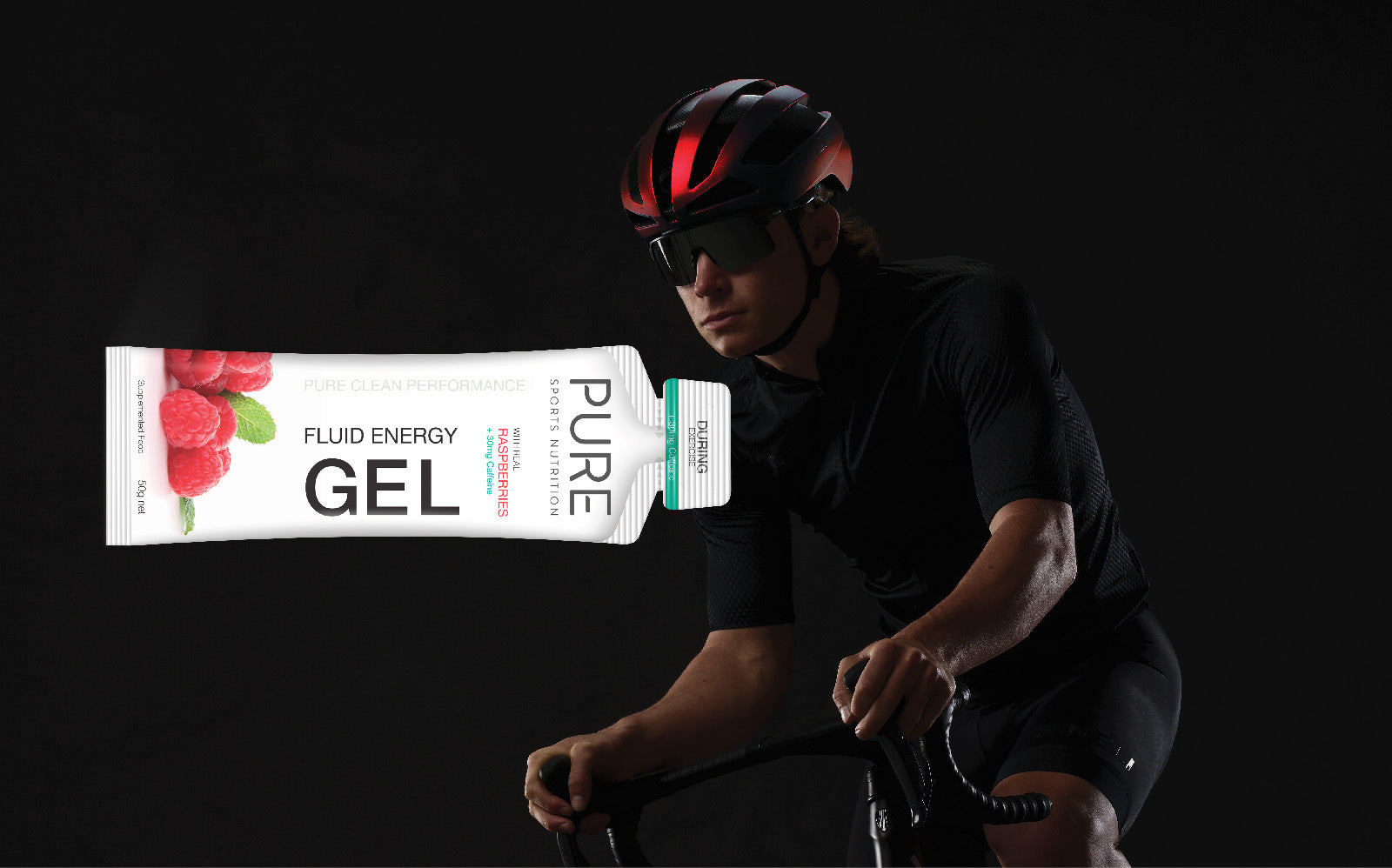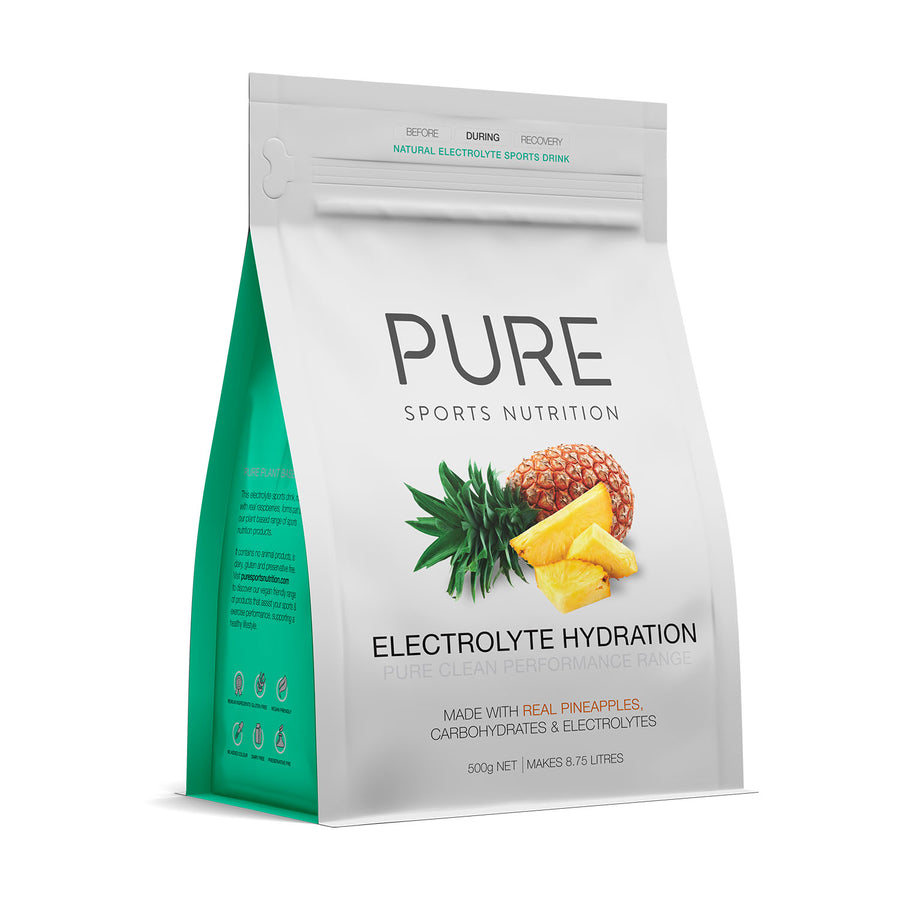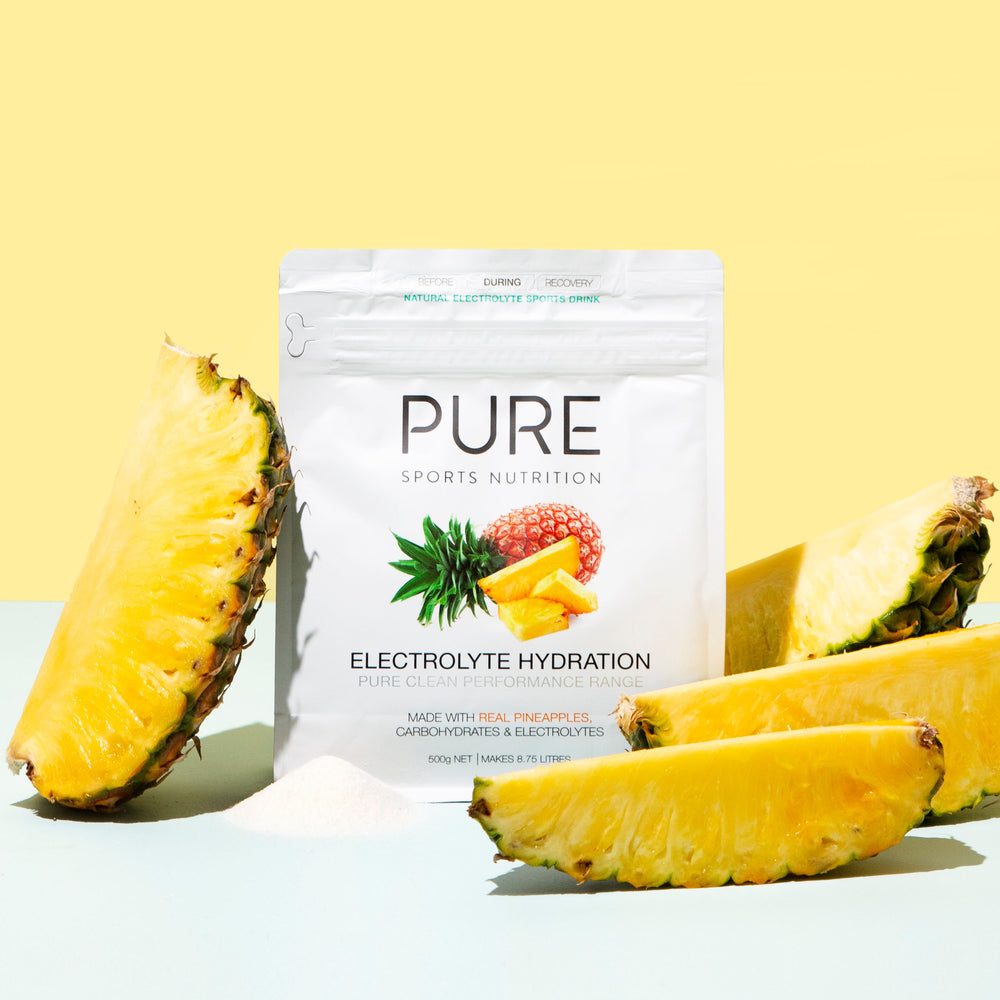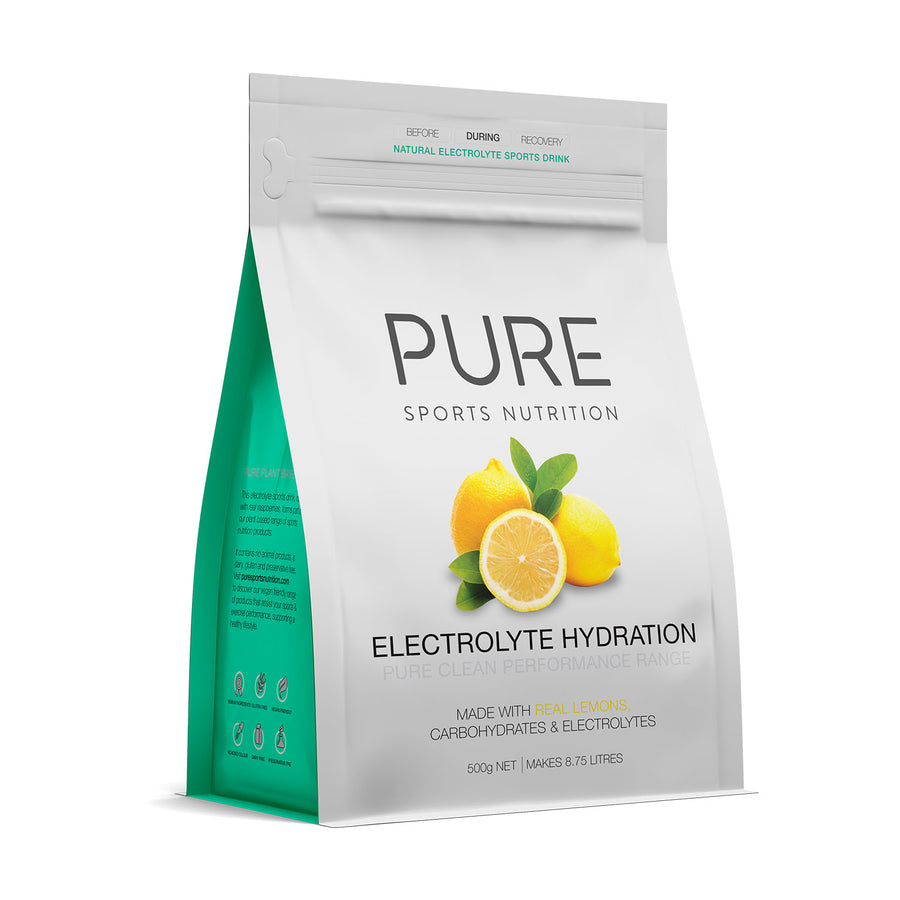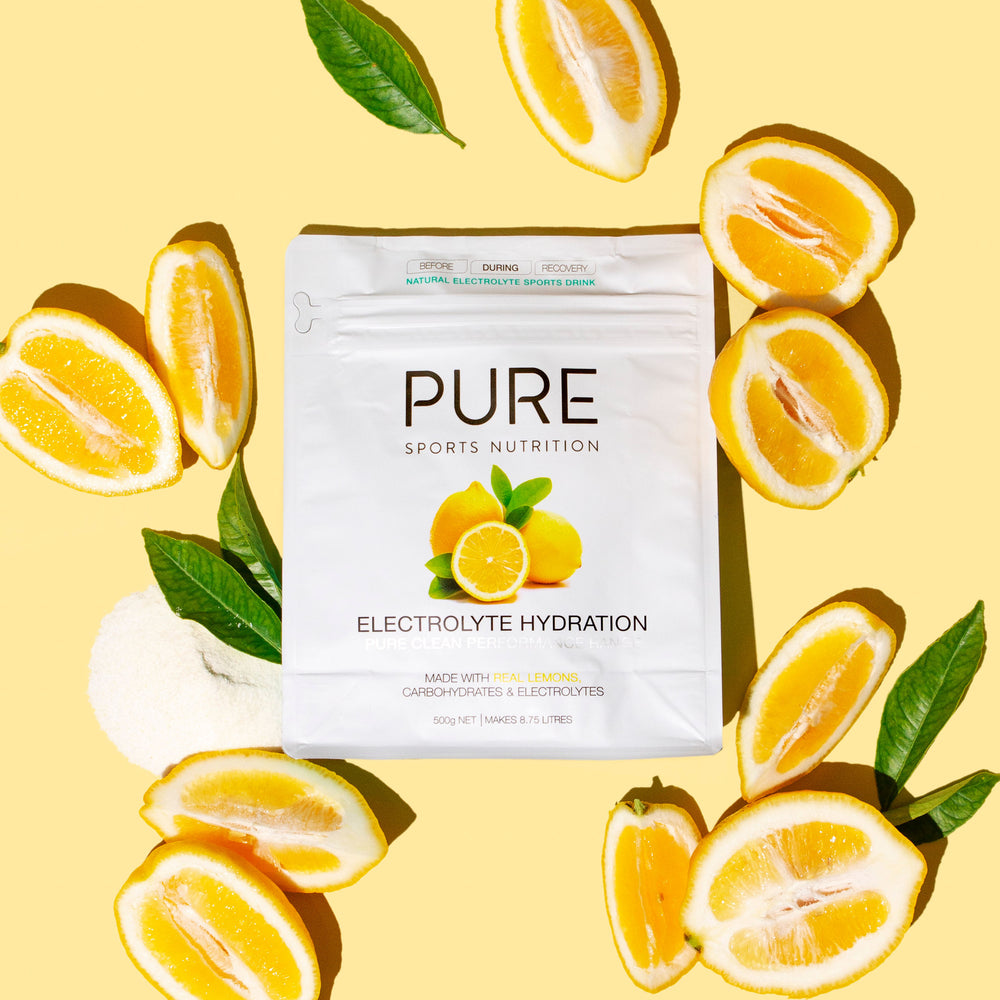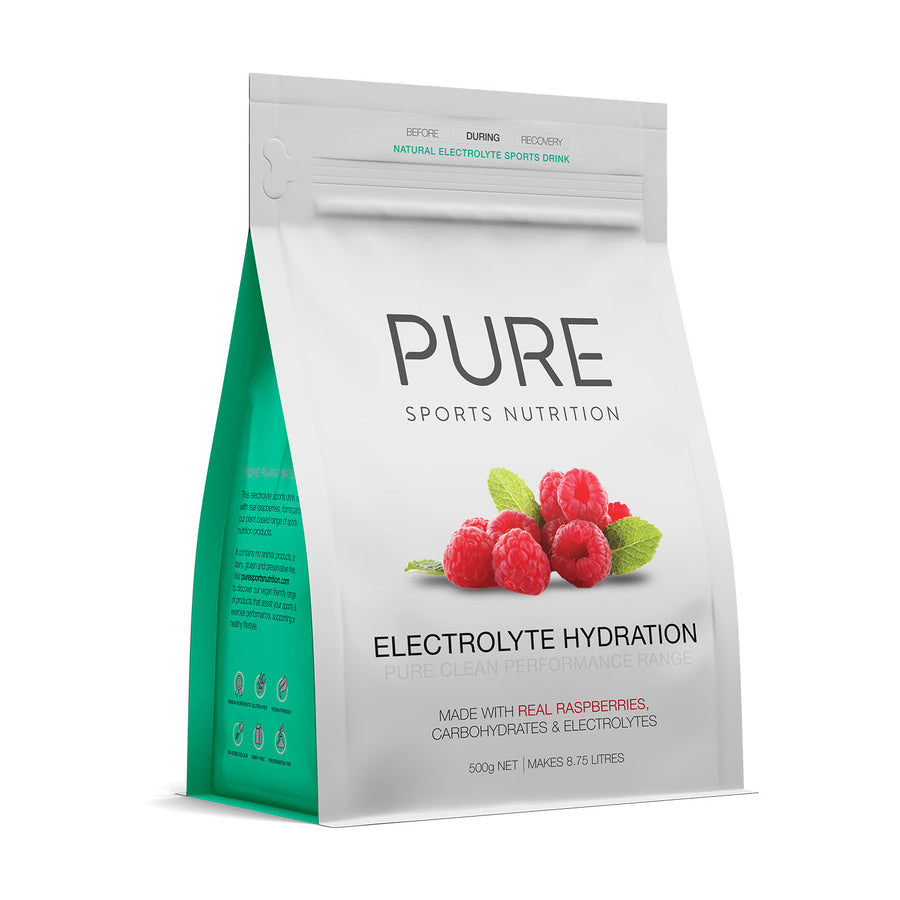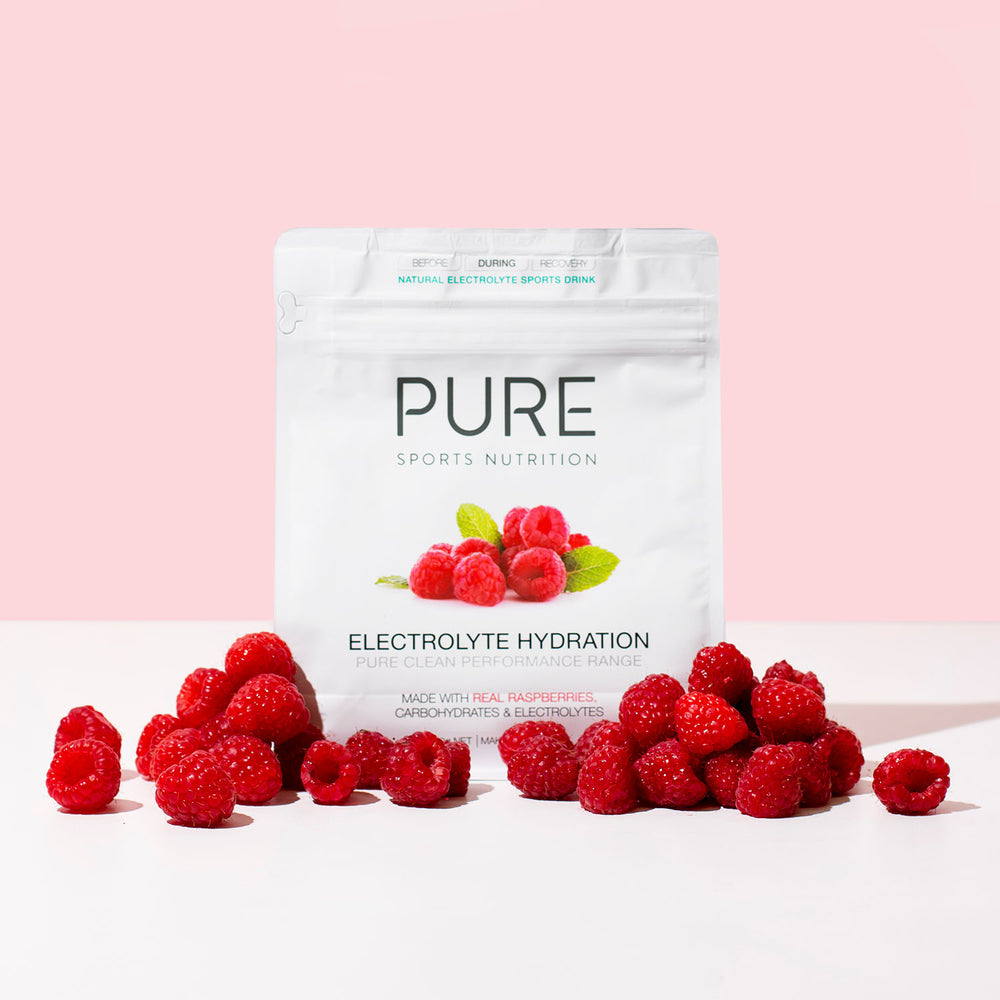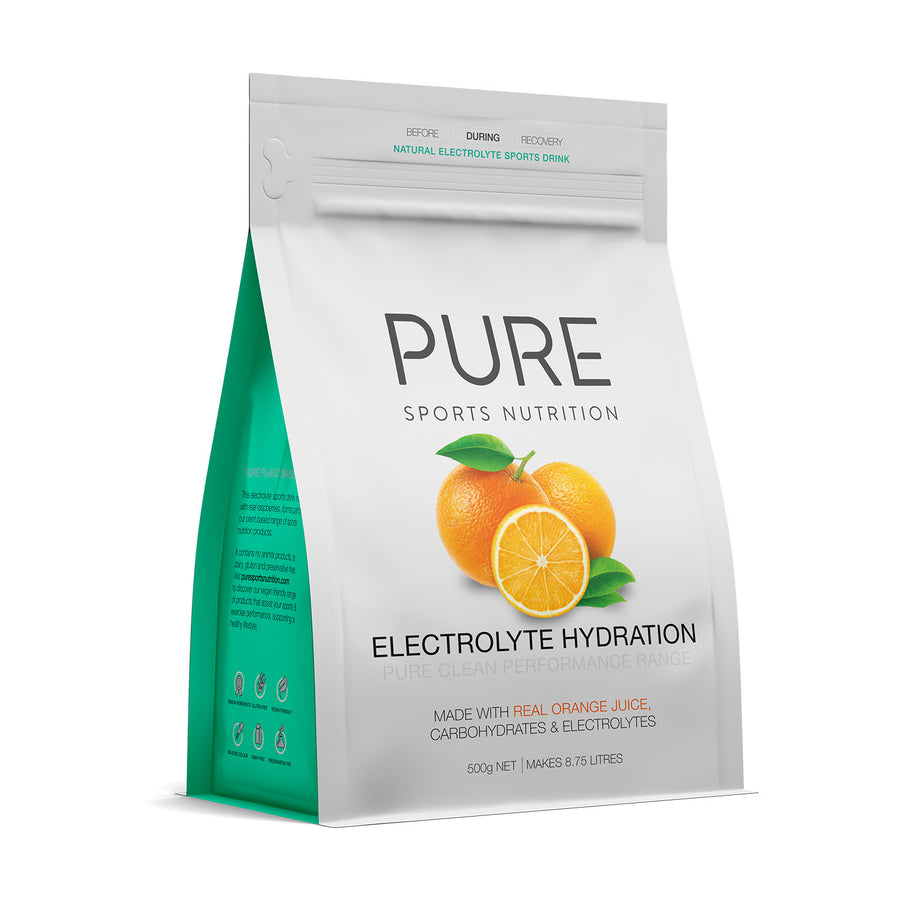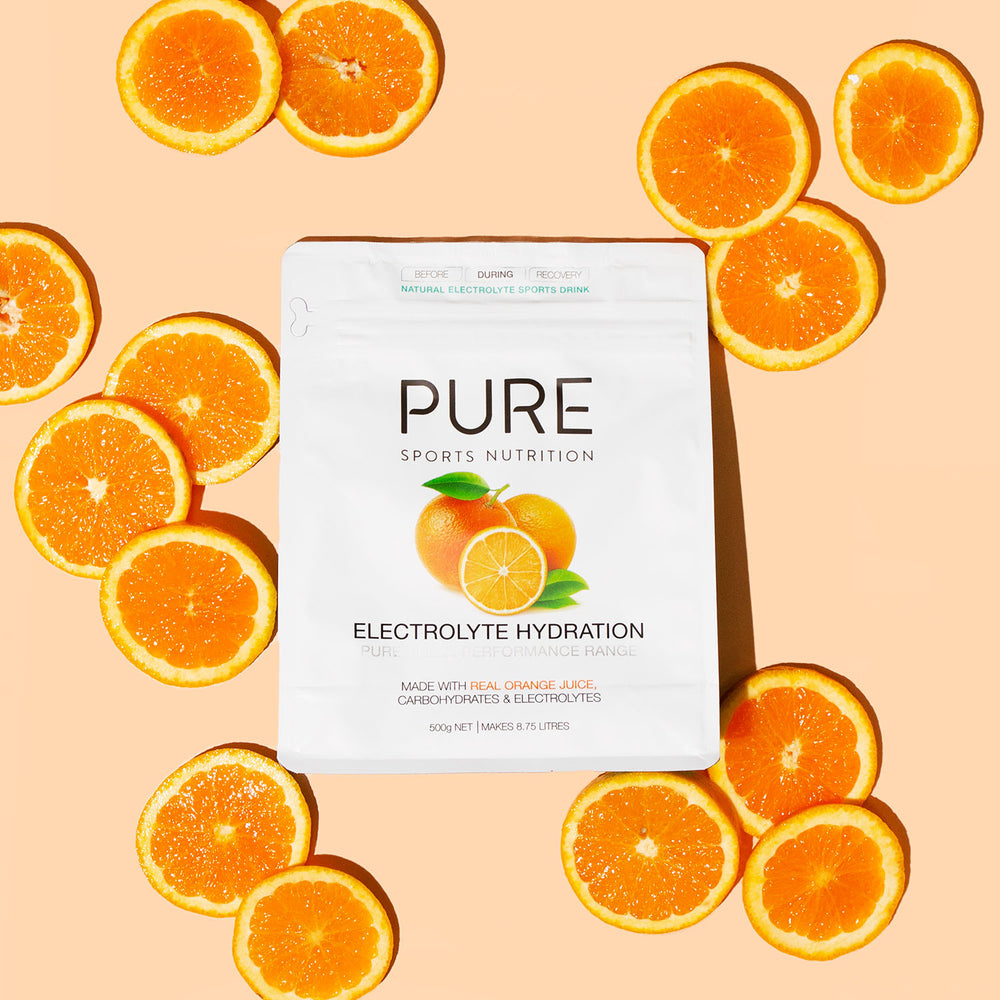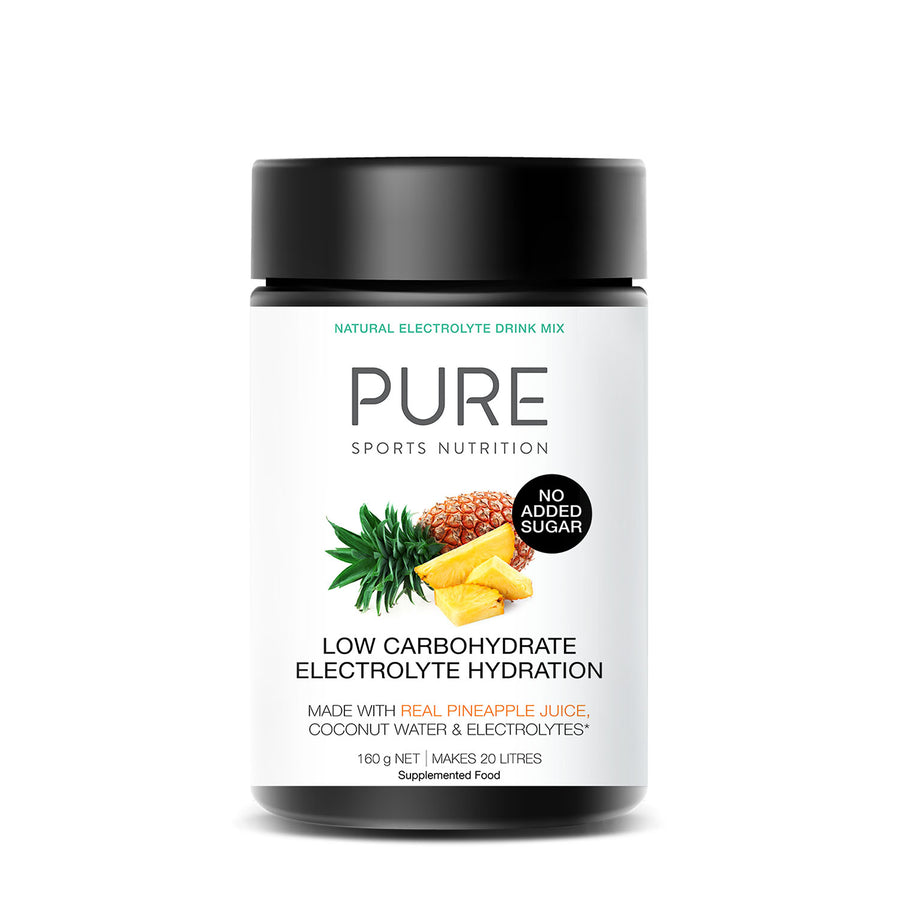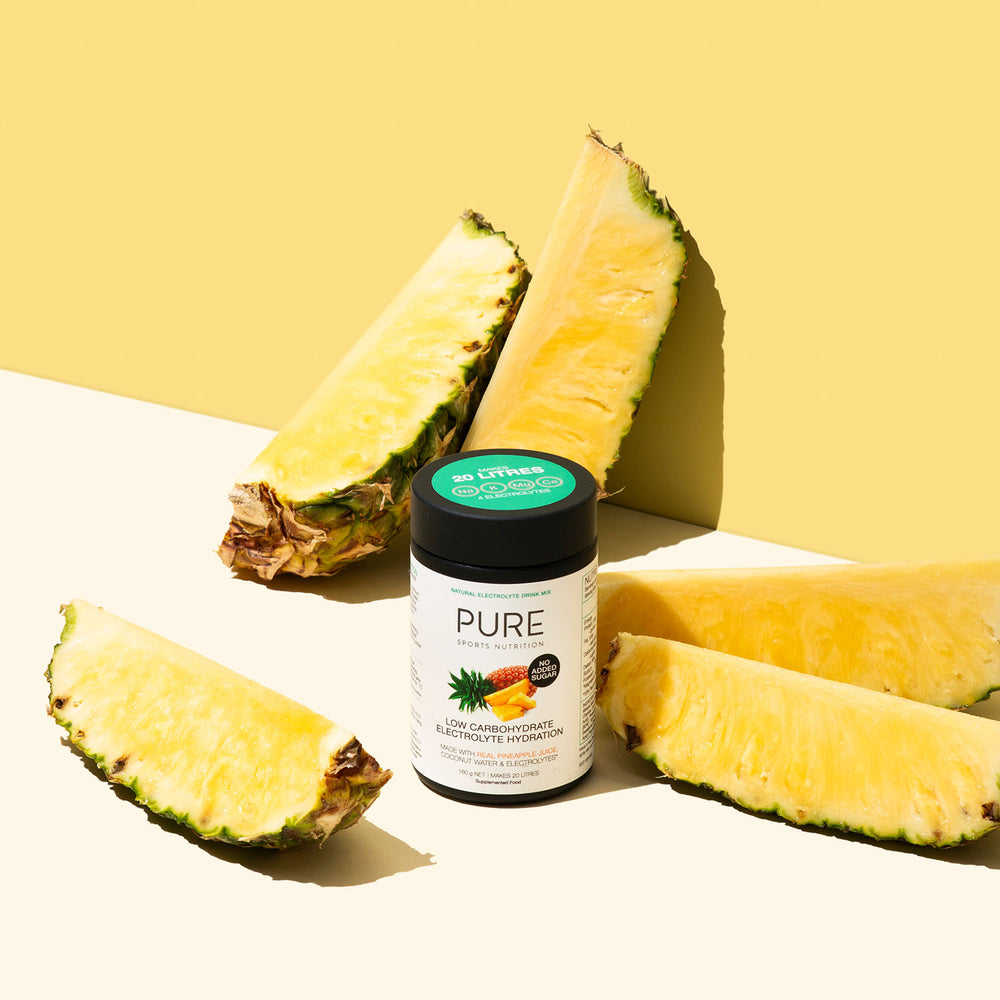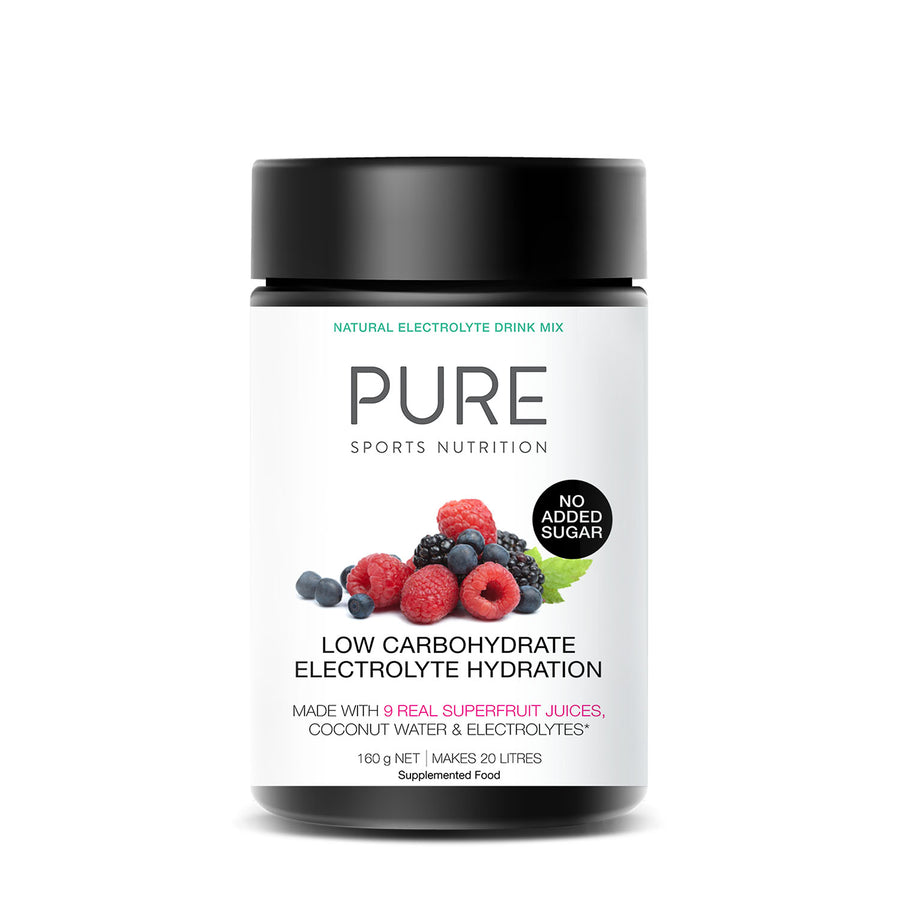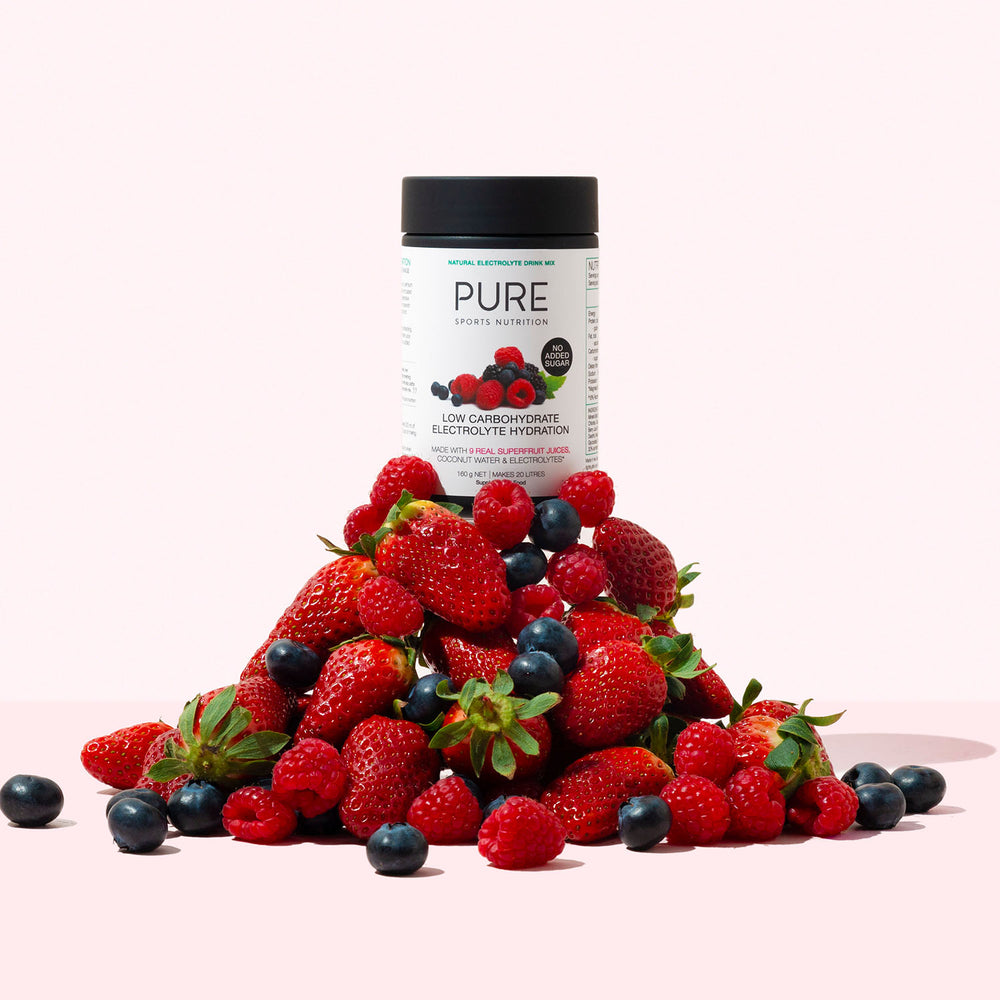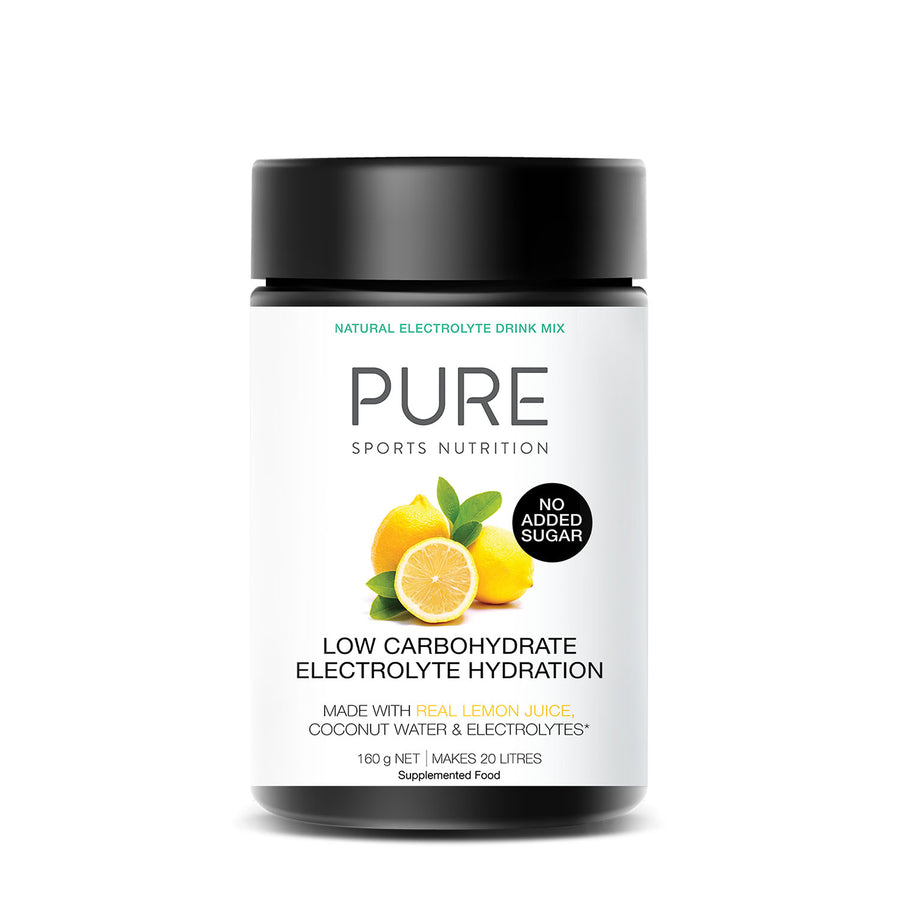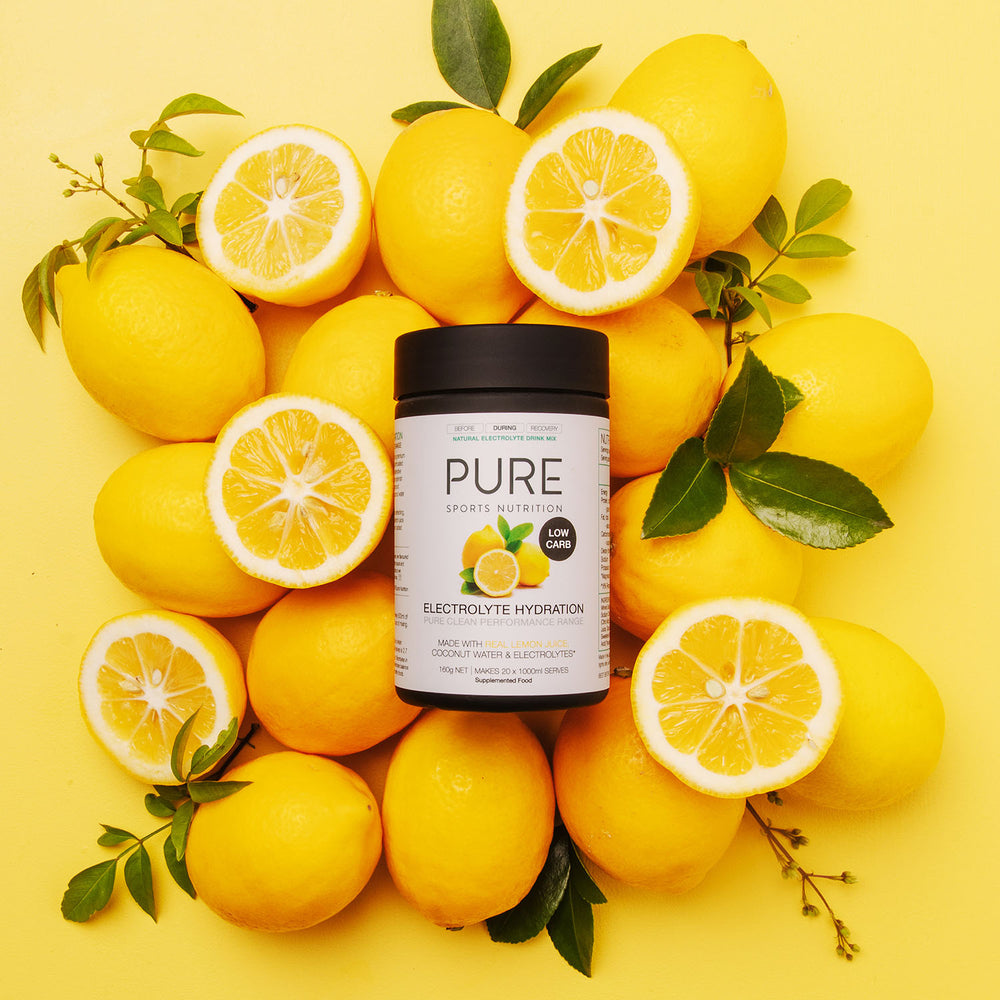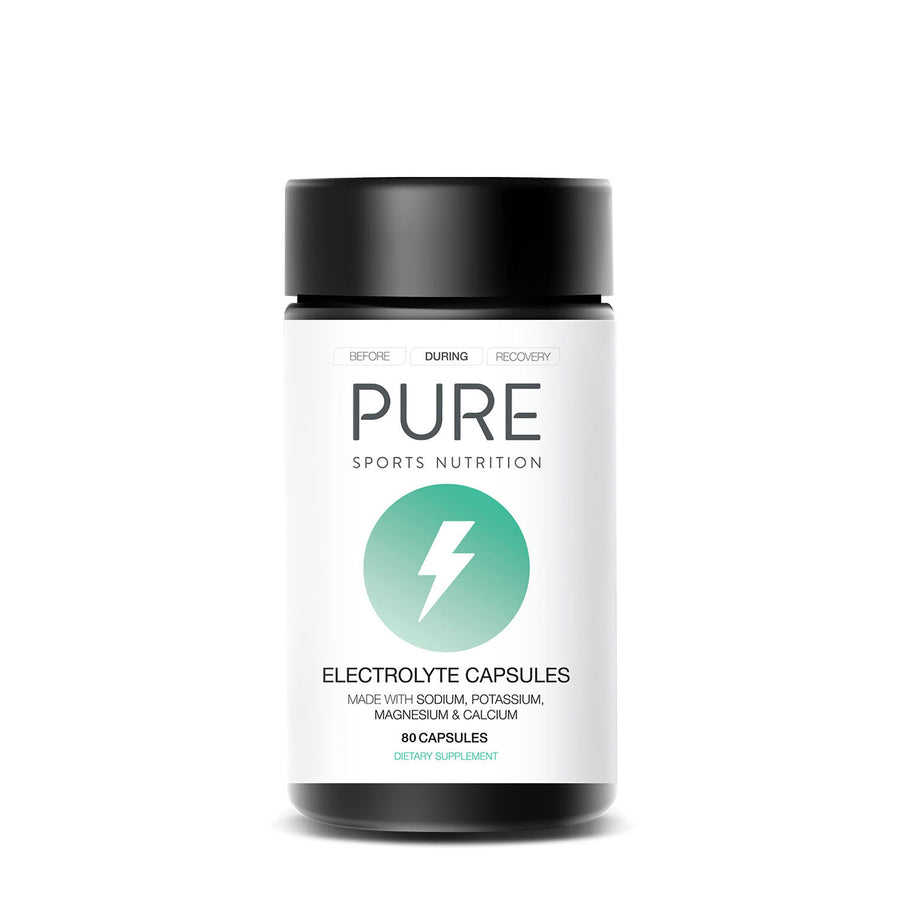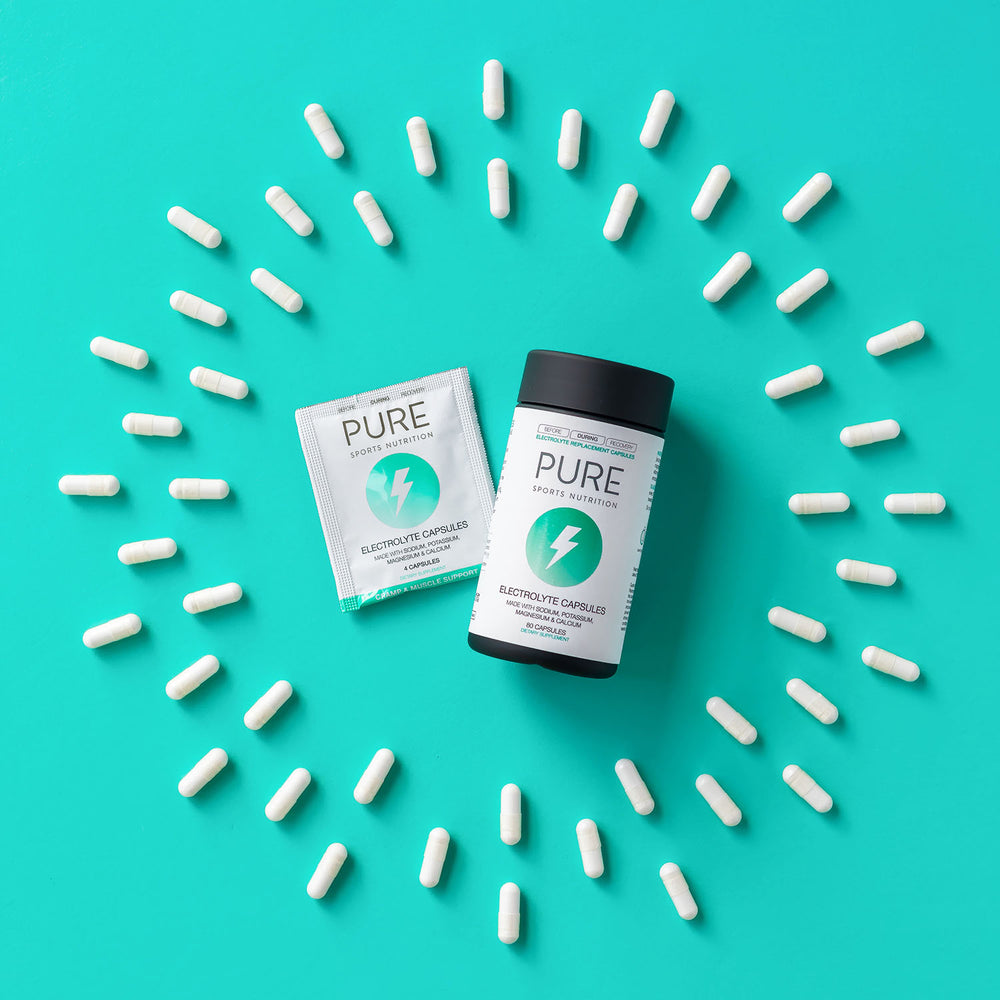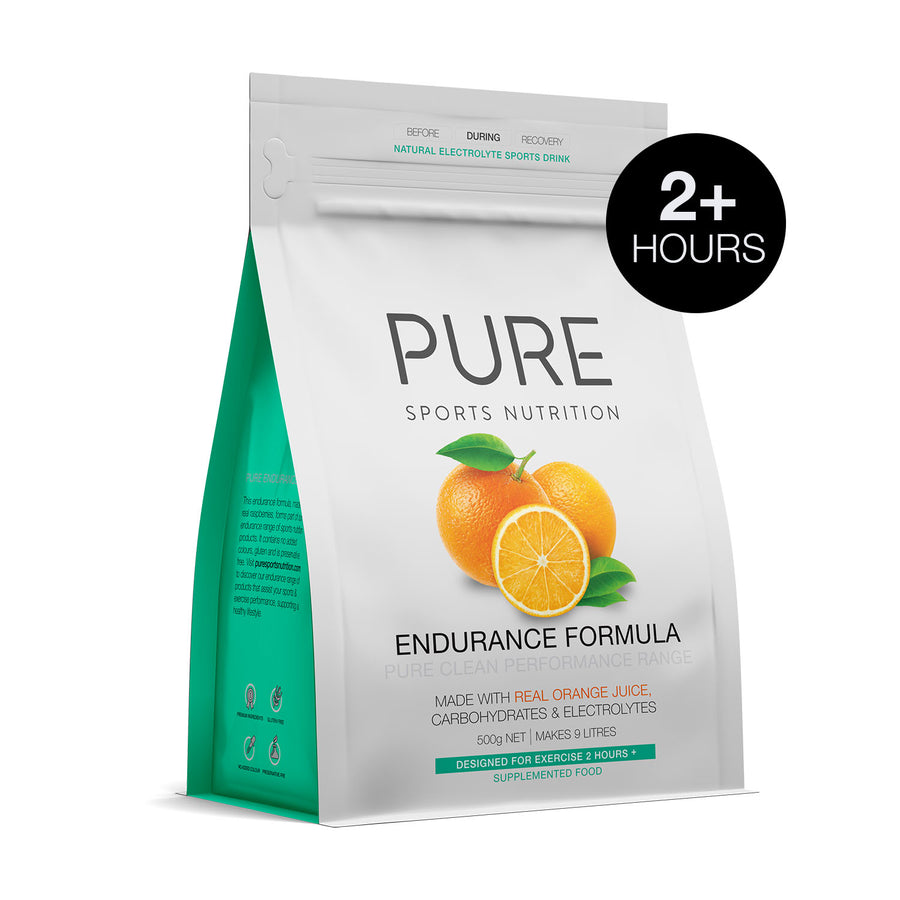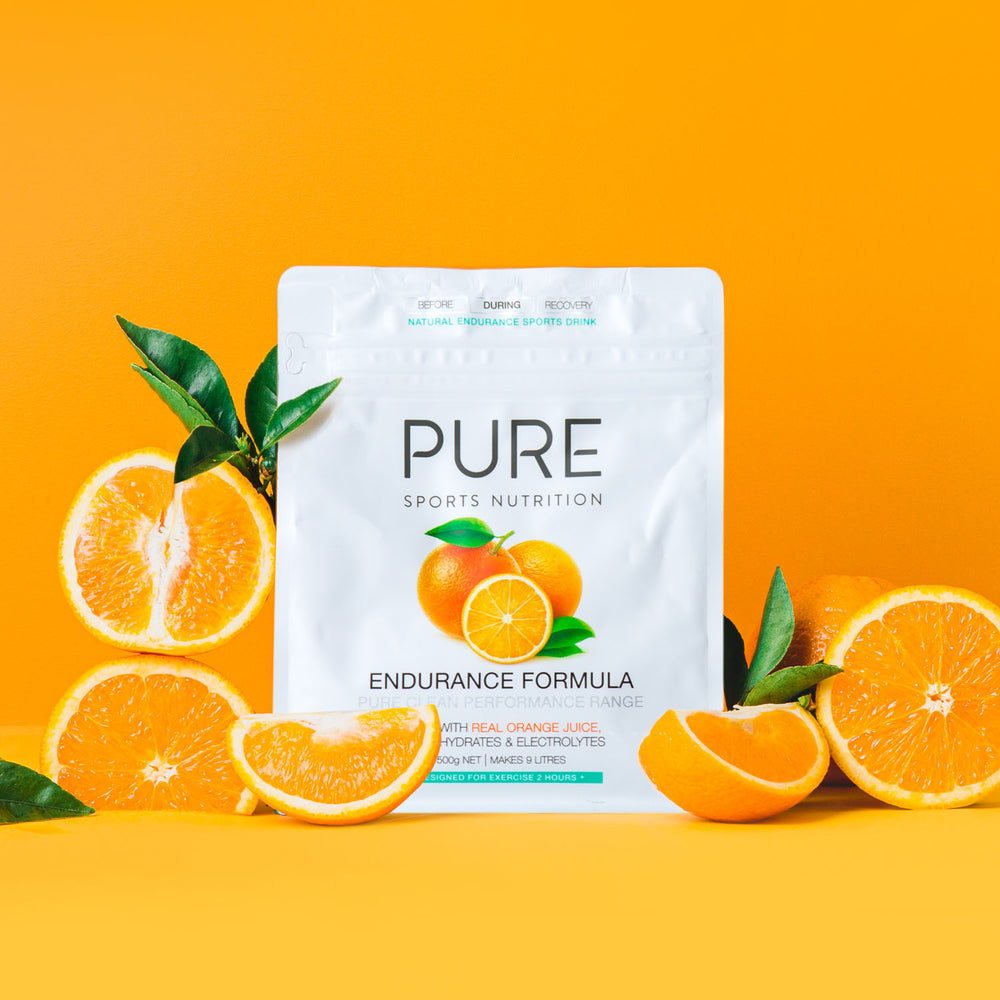4404993327165,
8008272740548,
8008277557444,
8120588566724,
7563761352900,
8088105976004,
8088354422980,
8088076058820,
8112450207940,
6759977542,
7126674407620,
7343769911492,
7402983588036,
6569875570884,
4359819755581,
7396716544196,
7396716675268,
7396168597700,
7396171055300,
7396716347588,
7459556556996,
7408128819396,
7396717428932,
7396717789380,
7396716970180,
7398039158980,
7398039027908,
6759920966,
4404993327165,
7494113427652,
7494113427652,
7398039027908,
7398039158980,
6759977094,
7396716970180,
7732788396228,
7824636608708,
7806098505924,
7510877372612,
7396722999492,
7396723228868,
7396723065028,
7396730405060,
7396723261636,
7396722639044,
7396723163332,
7396721754308,
7396720279748,
7396719689924,
7396718084292,
8120588566724,
7253202698436,
4133407195197,
7396722999492,
1870787510333,
7396723228868,
7396716675268,
7396723065028,
7494113427652,
7806098505924,
7396716544196,
6759977094,
7510877372612,
7396730405060,
4132665753661,
7396723163332,
7396723261636,
6759964294,
6759920966,
7396168597700,
7396171055300,
7396716970180,
4452652515389,
7396722639044,
7732788396228,
7396716347588,
7396720279748,
7824636608708,
7678117347524,
4162715156541,
6759977542,
7396719689924,
7408128819396,
7396721754308,
7396717428932,
7913138553028,
7396718084292,
7459556556996,
7398039027908,
4404993327165,
6705620484292,
7398039158980,
7396717789380,
6569875570884,
7126674407620,
6701614530756,
7563761352900,
8008277557444,
7994928103620,
7402983588036,
7343769911492,
4404993327165,
7967305531588,
7994928103620,
6759964294,
6759977094,
6759977094,
7396716970180,
7398039027908,
7398039158980,
6759964294,
4133407195197,
1870787510333,
4132665753661,
7396716970180,
7396717428932,
7396717789380,
7408128819396,
7459556556996,
7967305531588,
4404993327165,
4404993327165,
7396716675268,
7396168597700,
7396728930500,
7396728668356,
7396716544196,
7510877372612,
7913138553028,
7459556556996,
7396716675268,
7396716544196,
7396168597700,
7396171055300,
7396716347588,
7732788396228,
7824636608708,
7396722999492,
7510877372612,
7396723261636,
7396723228868,
7396730405060,
7396722639044,
7396723065028,
7396723163332,
7806098505924,
7396719689924,
7396721754308,
7408128819396,
7459556556996,
7396717789380,
7396717428932,
6759977094,
6759964294,
7396716970180,
7494113427652,
7967305531588,
7994928103620,
7494113427652,
7967305531588,
7994928103620,
7564327911620,
7505679352004,
7396729913540,
7922722865348,
7396728668356,
7396728930500,
6701614530756,
7967305531588,
7994928103620,
7494113427652,
8112450207940,
7396722999492,
7396723228868,
7396716675268,
7396723065028,
7396716544196,
7510877372612,
7396730405060,
7396723163332,
7396723261636,
7396168597700,
7396171055300,
7396722639044,
7732788396228,
7396716347588,
7913138553028,
4404993327165,
7678117347524,
1870787510333,
4132665753661,
4133407195197,
8088076058820,
6759964294,
7967305531588,
7994928103620,
4404993327165,
7806098505924,
8120588566724,
6759920966,
4404993327165,
4162715156541,
4452652515389,
6705620484292,
4133407195197,
7396722999492,
1870787510333,
7396723228868,
7396716675268,
7396723065028,
7396716544196,
6759977094,
7510877372612,
7396730405060,
4132665753661,
7396723163332,
7396723261636,
6759964294,
7396168597700,
7396171055300,
7396716970180,
7396722639044,
7732788396228,
7396716347588,
7396720279748,
7824636608708,
7678117347524,
7396719689924,
7408128819396,
7396721754308,
7396717428932,
7913138553028,
7396718084292,
7459556556996,
7398039027908,
7398039158980,
7396717789380,
7967305531588,
7922722865348,
4404993327165,
7253202698436,
4133407195197,
7396722999492,
1870787510333,
7396723228868,
7396716675268,
7396723065028,
7494113427652,
7806098505924,
7396716544196,
6759977094,
7510877372612,
7396730405060,
4132665753661,
7396723163332,
7396723261636,
6759964294,
6759920966,
7396168597700,
7396171055300,
7396716970180,
4452652515389,
7396722639044,
7732788396228,
7396716347588,
7396720279748,
7824636608708,
7678117347524,
4162715156541,
6759977542,
7396719689924,
7408128819396,
7396721754308,
7396717428932,
7913138553028,
7396718084292,
7459556556996,
7398039027908,
4404993327165,
6705620484292,
7398039158980,
7396717789380,
6569875570884,
7126674407620,
6701614530756,
7563761352900,
8008277557444,
7994928103620,
7402983588036,
7343769911492,
